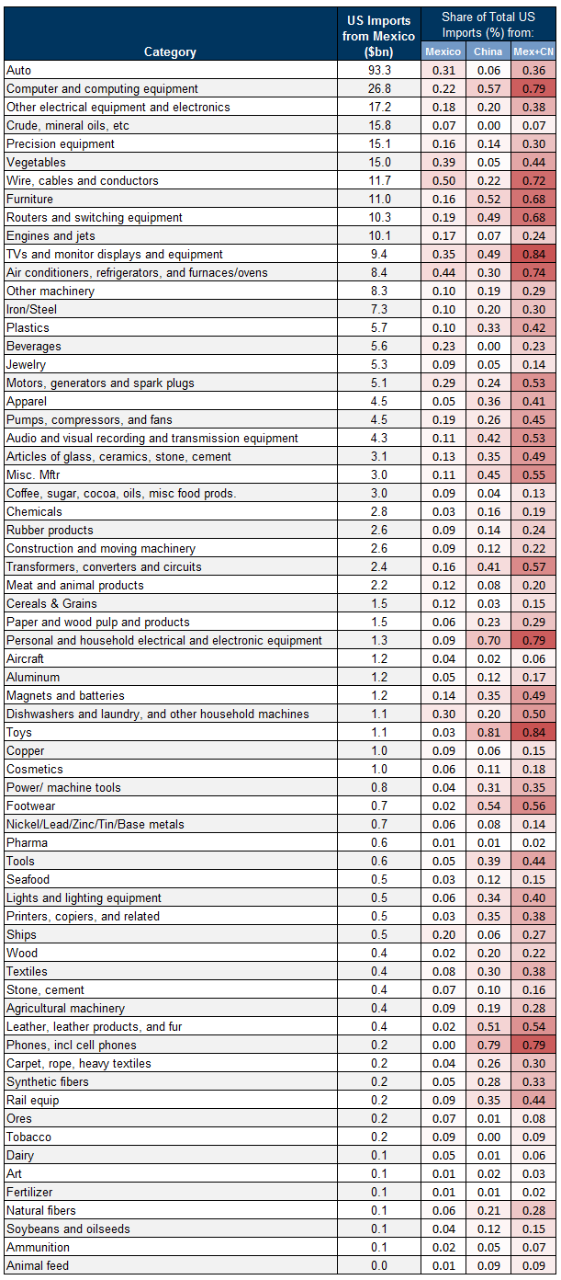Deadwood: The Movie. HBO. Friday, May 31, 8 p.m.
Thirteen years after it last aired, HBO’s revisionist Western Deadwood has returned for an encore. Any fears that creator-writer David Milch or his characters may have mellowed during the hiatus are assuaged in the first moments, when arch-villain mining magnate George Hearst rides into town to the heartfelt greetings of the local citizenry. “You murdering, thieving cocksucker!” calls out one, while another salutes him as “You bald-pated cunt.”
And, yes, murder is still the leading strategic tool for mergers and acquisitions in Deadwood, and the town’s pigs still the most popular recourse for the disposal of inconvenient corpses. The whores still outnumber the preachers, the language is still a mixture of the oddly baroque and the profoundly obscene, and most importantly, Deadwood: The Movie is as a provocative, intelligent, and funny place to visit as the series ever was.
That said, Deadwood: The Movie is not really a movie at all, at least in the sense of being a self-contained production. It will be practically incomprehensible to anyone who didn’t watch the original series, which ran for 36 episodes from 2004 to 2006. HBO’s abrupt and unexpected cancellation left a number of dangling threads, and this edition is best understood as an attempt to snip them.
The series was set during the late 1870s during the Black Hills gold rush, when Deadwood was a lawless boom town. The movie picks up 10 years later, as South Dakota is becoming a state, but in many ways, it might as well be the next day.
Hearst has just come riding back into town, to stir up trouble by acquiring land—by fair means or foul—for the telephone lines he wants to run into Deadwood. He succeeds effortlessly at the stirring-up-trouble part, not so much at getting the land. And, soon enough, those hungry pigs are back at work.
Virtually all the characters who were still alive at the end of Deadwood‘s final season season—and even some who were dead, via flashbacks—return for the movie. (Notable exception: cold-blooded casino owner Cy Tolliver, who was played by the late Powers Boothe.) Rage-prone Seth Bullock (Timothy Olyphant) is still sheriff, thoughtful prospector Charlie Utter (Dayton Callie) still his deputy. And though Bullock’s former illicit lover, the twice-widowed businesswoman Alma Ellsworth (Molly Parker) has moved away, she’s returned to tend to her bank.
Another recent returnee is the drunken frontierswoman Calamity Jane (Robin Weigert), back to mourn her murdered pal, Wild Bill Hickock, and seek reconciliation with her old girlfriend, moody madame Joanie Stubbs (Kim Dickerson).
Murderous but somehow lovable saloonkeeper Al Swearengen (Ian McShane), though he’s nearly obliviated his liver, is still running whores in his upstairs rooms, though he leaves most of the details to his aide-de-coitus Trixie (Paula Malcomson).
The only significant newcomer on the scene is a mysterious woman named Caroline (Jade PettyJohn), who may or may not be the daughter of a hooker Al Swearengen murdered to pass her corpse off as that of Trixie, who George Hearst wanted badly to kill.
Though Swearengen was the one who actually cut the hooker’s throat, practically all the main Deadwood characters knew of the murder and gave tacit approval by not giving it away to Hearst. The arrival of Caroline, the victim’s maybe-daughter, sends a collective spasm of guilt through the town elders. “Make friends with her ghost,” Swearengen urges Trixie. “It ain’t fuckin’ going anywhere.”
His remark is just one element of the hazy streaks of nostalgia and regret that inhabit Deadwood: The Movie. The future is inexorably arriving in Deadwood—Hearst’s telephones being the literal incarnation—and most of the characters are closer to the ends of their chapters than the beginnings. Says Swearengen, vowing that no phone will ever darken his place: “A saloon is a sanctuary. Any man worth the name knows the value of being unreachable.” Increasingly, the world is too much with the citizens of Deadwood.
This engaging and melancholy farewell to them has long been rumored, and even longer denied. Milch supposedly had a deal for two films to wrap up Deadwood, but every time he was reported ready to begin production, he forged into some other project: the inscrutably weird theological ramblings of John from Cincinnati, or the ill-fated horse-racing drama Luck, canceled after three horses died during the shooting of its first nine episodes.
The report of a two-movie deal may have been true. The final moments of Deadwood: The Movie are ambiguous and indecisive and could easily lead to a second film. But if so, it won’t be with Milch, who is drifting into the mists of Alzheimer’s disease. Like Al Swearengen, he’ll soon be unreachable. His last words to us were fine ones.
from Latest – Reason.com http://bit.ly/2JQnJSO
via IFTTT



